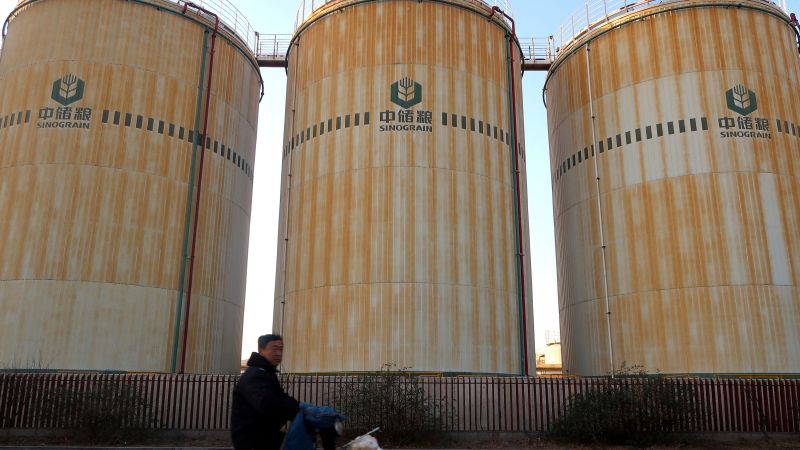Public outrage is mounting in China over allegations that a major state-owned food company has been cutting costs by using the same tankers to carry fuel and cooking oil – without cleaning them in between.
The scandal, which implicates China’s largest grain storage and transport company Sinograin, and private conglomerate Hopefull Grain and Oil Group, has raised concerns of food contamination in a country rocked in recent decades by a string of food and drug safety scares – and evoked harsh criticism from Chinese state media.
It was an “open secret” in the transport industry that the tankers were doing double duty, according to a report in the state-linked outlet Beijing News last week, which alleged that trucks carrying certain fuel or chemical liquids were also used to transport edible liquids such as cooking oil, syrup and soybean oil, without proper cleaning procedures.



Removed by mod
Do tell me which workers control Nongfu Spring Water’s means of production. Because as far as I can tell, the control rests in the hands of Zhong Shanshan, China’s richest man, and not the company’s 20,000 employees.
But I’m sure if we wait another half-century, at least two workers can control the means of production at that company.
(Now it’s your turn to tell me that the workers controlling the means of production is not something that helps define communism.)
Removed by mod
Prove it.
Which… also happens in capitalist countries.
So, let’s review all of the features of communist countries we have discussed so far:
Wait a second… you said something…
Capital… capital… where have I heard that word?
Oh right!
Another feature of communist countries:
But the government is very popular with the workers. Unless you’re a Tibetan or a Uyghur worker. I’ll give you that.
Removed by mod
Oh, I don’t think I need to argue with you on every single point since you’ve made it explicitly clear that capitalism is a feature of communism.